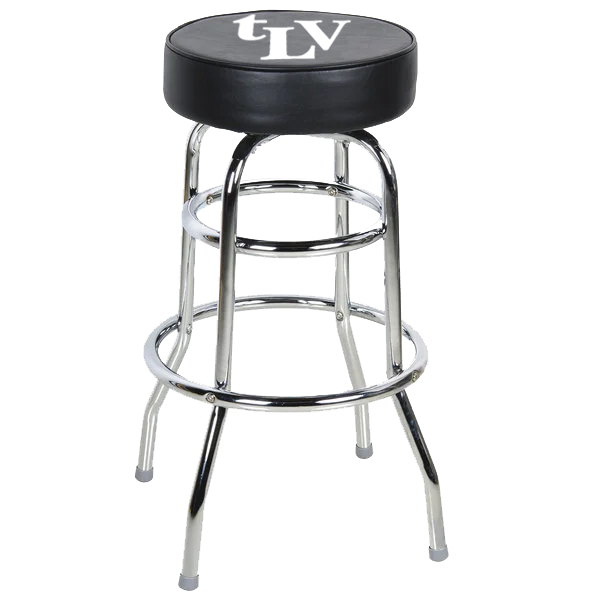
Boston Bomber Death Penalty
Last week the Supreme Court reinstated the death penalty for Dzhokhar Tsarnaev, the convicted Boston Marathon bomber. The 2013 attack killed three people and left hundreds injured.
Dzhokhar and his brother, Tamerlan, were identified as the bombers and later convicted on thirty terrorism charges and sentenced to death on six of them. Dzhokhar did not contest his guilt but appealed his death sentences, arguing that the jury’s imposition of the death penalty was tainted by the trial judge’s refusal to allow him to present evidence that would show that Dzhokhar, 19 at the time of the bombing, was under the influence of his violent older brother Tamerlan.
The trial judge blocked the defense from presenting evidence to the jury suggesting that Tamerlan had, two years before the bombing, slit the throats of three men in Waltham, Massachusetts, in an act of jihad on the anniversary of the 9/11 attack. Dzhokhar wanted to argue that Tamerlan was the real bad guy, and, therefore, Dzhokhar should not get the death penalty. The Supreme Court disagreed even though people facing the death penalty are given wide latitude to present evidence to save their hide.
Justice Clarence Thomas emphasized the unreliability of the evidence linking Tamerlan to the still-unsolved murders. He said there was no way to verify the facts since all the parties involved were dead,” including Tamerlan and his alleged accomplice. The Court went back to the basics of trial procedure, which requires that all evidence be reliable. Even defendants facing death penalty sentencing are not allowed to present unreliable evidence.
Did I Lie? Not Gonna Tell You
A few issues ago I wrote about the juror in the Ghislaine Maxwell trial who may have lied about his history of sexual abuse in pre-trial questioning by lawyers. Maxwell was accused of helping Jeffery Epstein sexually abuse young women all around the world.
Before trial, lawyers asked jurors if they had ever experienced sexual abuse, and the juror at issue now, called Juror No. 50, said, “Nope, never happened to me.” He was lying, and in post-trial interviews claimed that he used his sexual abuse experience to sway other jurors toward conviction of Maxwell, claiming that he influenced the outcome. Of course, Maxwell’s lawyers blew a gasket, filed motions for new trial, and a hearing is scheduled this month.
The Juror’s lawyer recently announced that Juror 50 was not going to tell the Court if he lied or not—asserting his Fifth Amendment right against self-incrimination. A juror lying during pre-trial questioning is a crime: perjury; jurors are placed under oath and answer screening questioning under the penalty of perjury if they lie. If he admits lying, he would be admitting a crime, and the Fifth Amendment says that the government cannot make you answer a question if your answer is an admission of committing a crime.
So, how would we ever learn if a juror lied during pre-trial questioning? The state can grant the juror immunity—promise that the juror will not be charged with perjury if he lied. When the threat of criminal prosecution is removed, a person may not raise the Fifth Amendment to refuse to answer a question. In this case, the government will likely grant immunity, the Juror will be forced to answer, and, if he lied, he will escape any criminal consequences for ruining the Maxwell trial and costing everyone and the taxpayers thousands, possibly millions, in dealing with his lying ass. The Constitution creates crazy outcomes sometimes.
The Sandy Hook Gun Settlement
Federal law largely shields gun manufacturers from civil lawsuits. That is why the lawyers in the Sandy Hook case made their case about marketing. They filed suit under state law that outlaws deceptive marketing and accused Remington of deceptive marketing of the gun used in the tragedy. Remington argued they were immune from “marketing lawsuits” too, but in 2019 the Connecticut Supreme Court disagreed. Remington appealed that decision to the United States Supreme Court, but the Supremes declined to take the case.
Remington faced a trial this summer against sympathetic plaintiffs. Either Remington or its insurance companies, or both, were terrified of going to trial and agreed to pay $73,000,000 and agreed that Remington’s internal documents could be made public. Remington/insurance had offered $33,000,000 several months earlier but the plaintiffs turned it down because that offer included confidentiality of Remington’s internal documents. You would think that the number amount would stay the same, maybe even go down, if Remington agreed to public disclosure, but, somehow, the end result was over twice that amount and public disclosure of the documents.
My guess is that Remington and its insurance companies got crossways with each other, the attorneys for the families knew it and those attorneys played Remington and the insurance companies against each other. They secured a huge monetary settlement and public disclosure at the same time. Lose-lose result for Remington.
Mitchell Driskell has been an Oxford lawyer for twenty-one years. He practices criminal law, family law, business transactions, and civil litigation. Email him mdriskell@danielcoker.com. Follow on Instagram @mdriskell, twitter @MODIIItweets, TikTok @DriskellLaw and on Facebook.



